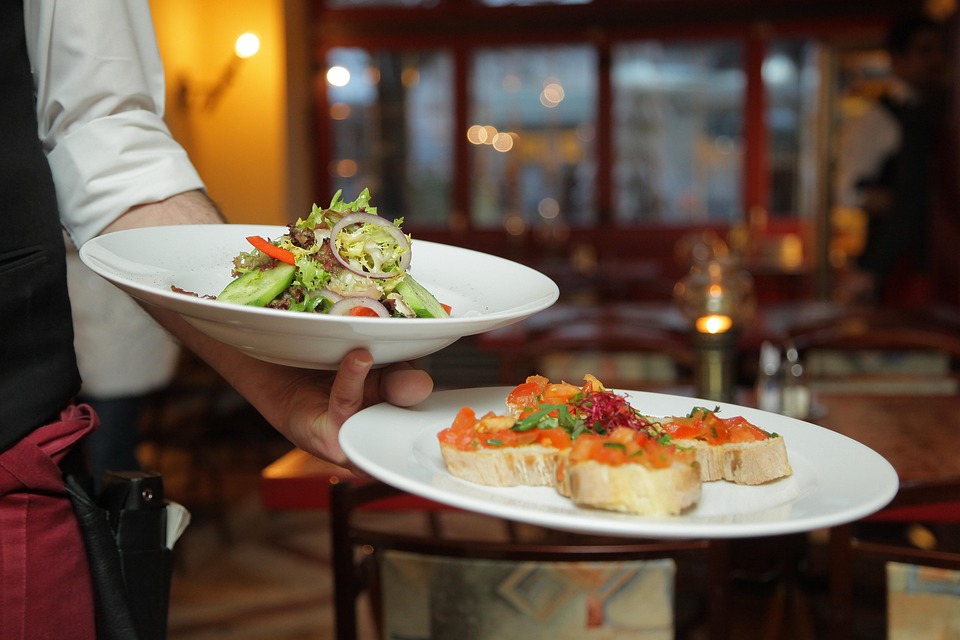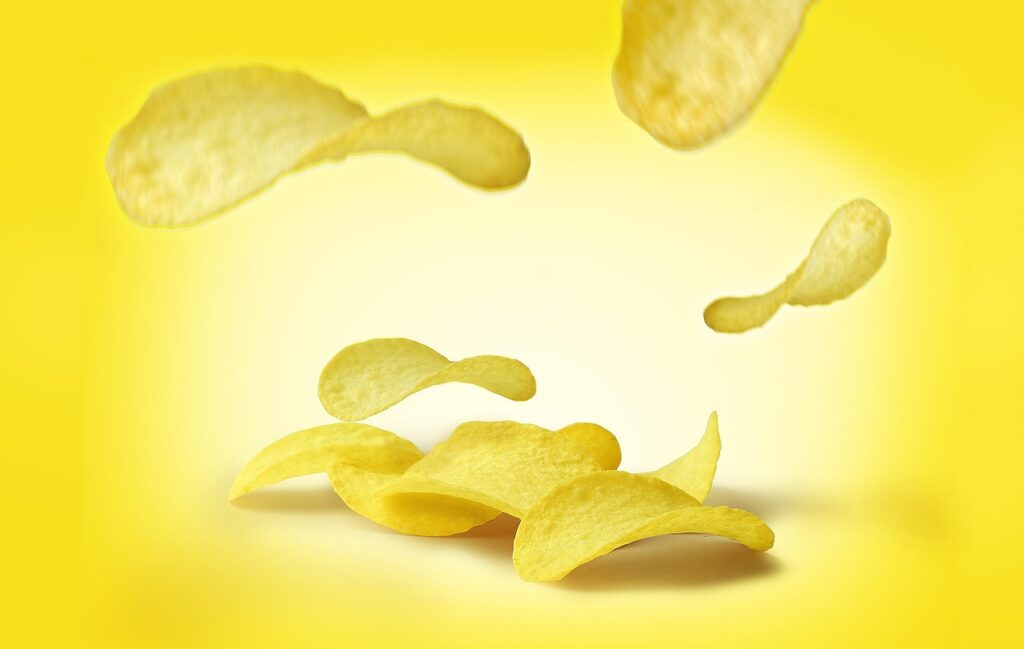More moms are skipping time-outs—and not because their kids are perfect.
For decades, “Go sit in time-out” was a go-to parenting move. It felt firm but fair, and plenty of experts endorsed it as a healthier alternative to harsher punishments. But in 2025, the tide is shifting. More and more parents—especially moms of young kids—are questioning whether time-out discipline actually works the way we think it does.
From viral TikToks to bestselling parenting books, the message is clear: emotional connection is trending, and time-outs may be getting in the way. But does the science back it up? And if you’re not using time-outs, what do you do instead?
Let’s take a closer look at the time-out backlash—and what it means for your family.
The Time-Out Backlash: What’s Behind the Shift?
The time-out technique was first popularized in the 1960s as a behavioral strategy rooted in psychology. The idea: remove a child from a situation to help them calm down and reflect. Sounds reasonable, right?
But some parenting experts and mental health professionals are now suggesting that time-outs—especially when used frequently or harshly—can make kids feel rejected or emotionally isolated. Influential momfluencers like @drbeckyatgoodinside and @biglittlefeelings have built massive followings promoting connection-based alternatives.
Their approach? Swap punishment for curiosity. Instead of saying “go sit alone,” they encourage parents to stay with their child and help them work through big feelings. These moments, they say, are not bad behavior—they’re cries for connection.
Does Time-Out Really Work? Here’s What Studies Say
So, what does the research say? The answer is: it’s complicated.
Studies have shown that time-out discipline can be effective at stopping certain behaviors—especially in younger children and when used consistently. The American Academy of Pediatrics still lists time-out as a valid tool, especially when paired with positive reinforcement.
However, some child development researchers caution that time-out is often misunderstood or misused. A 2017 analysis in Parenting: Science and Practice found that time-out’s effectiveness depends heavily on how it’s delivered. If it’s cold, isolating, or shaming, it can erode trust and have long-term emotional impacts.
That nuance is often lost in the chaos of daily parenting, where “go to your room!” is more about survival than science.
What’s Replacing Time-Outs? Enter “Time-Ins” and More
Parents looking for alternatives aren’t just flying blind. A wave of modern parenting strategies is gaining popularity—many rooted in attachment theory and emotional regulation.
Here are a few that keep popping up:
- Time-Ins: Instead of isolating the child, the parent stays close, offering comfort while still holding boundaries.
- Co-Regulation: Helping a child calm down by modeling calm behavior, rather than demanding it.
- Natural Consequences: Letting the result of the action be the lesson (e.g., “If you throw your toy, it might break”).
- Emotion Coaching: Teaching kids to label and understand their feelings, rather than punish them for expressing them.
These methods take more time and patience—but fans say they lead to fewer meltdowns, deeper trust, and better long-term behavior.
How to Choose What Works for Your Family
If you’re feeling overwhelmed or judged by the changing advice, you’re not alone. Discipline isn’t one-size-fits-all—and even the experts don’t all agree.
Here are a few things to keep in mind:
- Time-out isn’t “bad”—but how you use it matters.
- Connection and boundaries can co-exist.
- Gentle discipline doesn’t mean permissiveness.
- Your values and your child’s temperament should guide your approach.
Whether you use time-outs, time-ins, or a mix of both, the goal is the same: helping your child grow into a kind, emotionally aware human.
And remember: you’re allowed to evolve. What worked for your toddler might not work for your preschooler—and that’s okay.
Newsletter Teaser
Title:
Time-Outs Are Out? Why Moms Are Rewriting the Rulebook
Subtitle:
From TikTok trends to new parenting research, time-outs are under fire.
Intro Paragraph:
For decades, “go to time-out” was parenting 101. But a new wave of experts and momfluencers are challenging the classic discipline strategy—and offering gentler, more connected alternatives. So, should you ditch time-outs? We break down what the research says and what to try instead.








